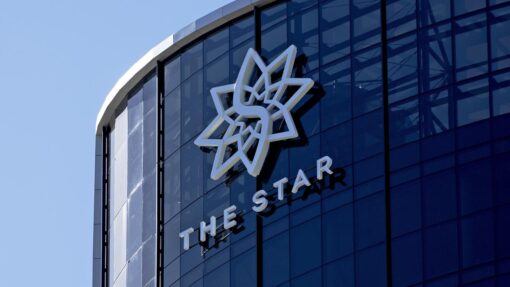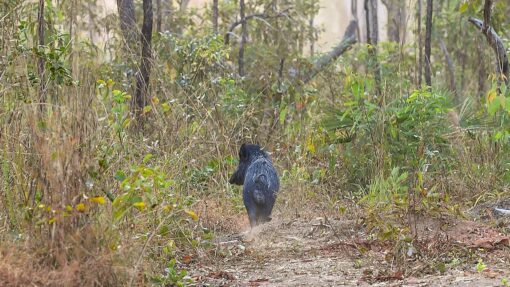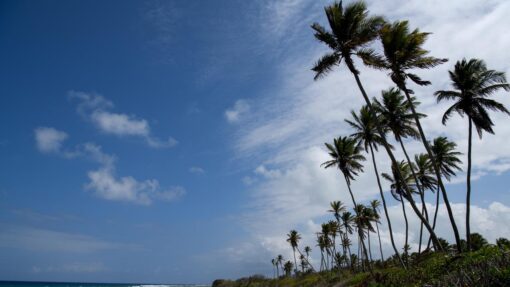Asbestos report delayed after fish kill inquiry ordered
Luke Costin |

A 12-month scientific review into the reuse of asbestos-contaminated construction waste will be delivered a year late due to “competing priorities”.
The NSW Chief Scientist and Engineer’s asbestos management report was ordered in 2022 after it emerged half of skip bin residue, used as a soil substitute, contained asbestos, plastics or other contaminants.
Due last December, the final report is now not expected until December 2024, the Environment Protection Agency (EPA) says.
One reason for the delay was a snap six-month inquiry into mass fish deaths on the Darling/Barka River town of Menindee in 2023, according to advice to the EPA.
The revelation comes amid Sydney’s latest asbestos saga, in which contaminated garden mulch has sparked school and park closures and a cancelled festival.
The report sought advice on whether to set a tolerable threshold for asbestos in waste intended for reuse or the scientific basis to set a zero-tolerance approach.

Advice was also sought on policing, possible higher limits for historically contaminated areas and international standards.
“If the recent contamination scare in Sydney had taught us anything, it’s that the safe management of asbestos is an issue Labor cannot sweep under the carpet,” opposition environment spokeswoman Kellie Sloane told AAP.
“It’s deeply concerning that this important investigation, instigated by the former coalition government, had to be halted due to a lack of resourcing.”
The report was ordered by Liberal environment minister James Griffin in December 2022 after industry pushback led the government to abandon a reform of skip bin residue, also known as recovered fines.
Compliance testing in 2019 found more than half of all recovered fines contained contaminants that could have human health or environmental risks, including asbestos, synthetic mineral fibres and micro-plastics.
Appearing at budget estimates last week, EPA officials said they had been expecting the report in mid-2024 and had been kept abreast of the reasons for the “minor delay”.
“The advice that I have received (is) there has been competing priorities,” EPA policy executive director Nancy Chang told MPs.
“The EPA has been kept informed in terms of the reasons for those delays, as well as the competing priorities that they’ve had to manage first.”
One delay was the Menindee fish death report, ordered in April 2023 by the new environment minister and delivered in September.
But it was “absolutely not” the case that new Environment Minister Penny Sharpe asked her department to “deprioritise” the asbestos report, the EPA said.

Deputy Chief Scientist and Engineer Darren Saunders said the office had undertaken initial scoping, stakeholder consultation and site visits, convened an expert panel and commissioned expert literature reviews.
“These will inform a discussion paper currently under development, for release in June,” he told AAP.
“We will then undertake further stakeholder consultation and expert panel review between July and September 2024, and finalise our report in Q4 2024.”
A spokeswoman for Ms Sharpe said scheduling of the chief scientist’s work was his office’s responsibility.
“The minister has been briefed on the terms of reference and looks forward to the chief scientist’s report guiding future reform to the management of asbestos in NSW,” the spokeswoman said.
Meanwhile, about 700 students will return to class on Monday at Liverpool West Public School in southwest Sydney for the first time in a month.
Students were banned from the site on February 11 after asbestos contamination and other problems with 2500 tonnes of the school’s mulch forced it to be replaced, months after being laid.
Reinstatement of landscaping materials will continue in the coming weeks and will not impact school operations.
AAP


